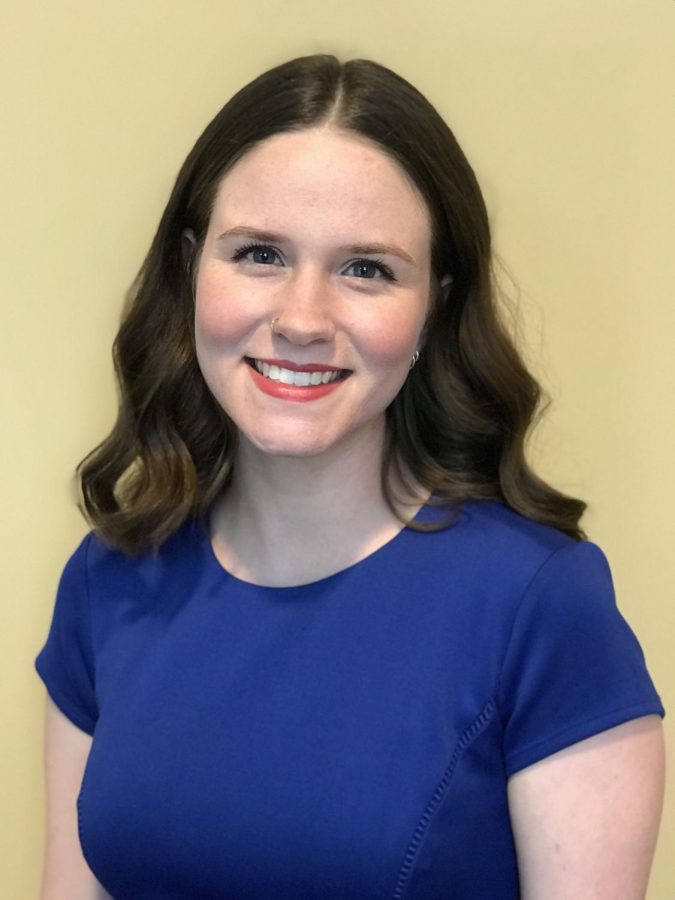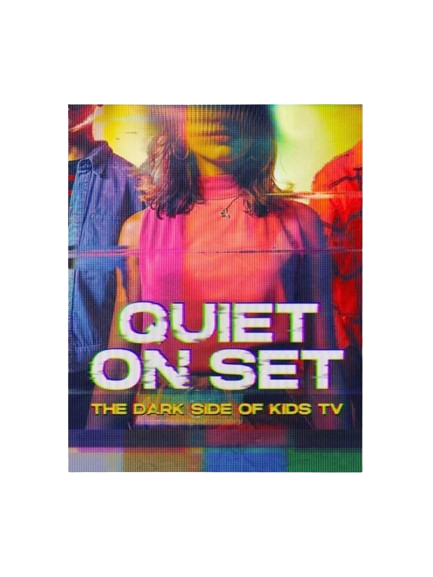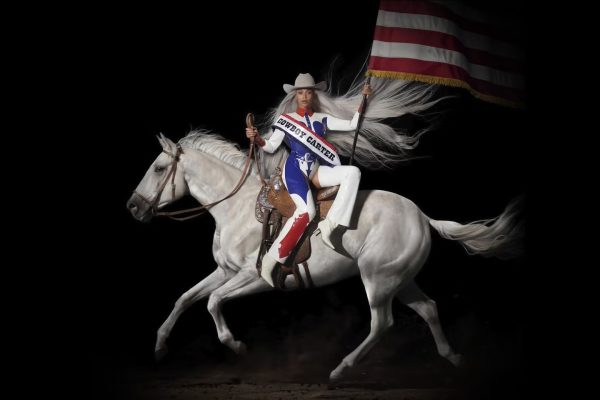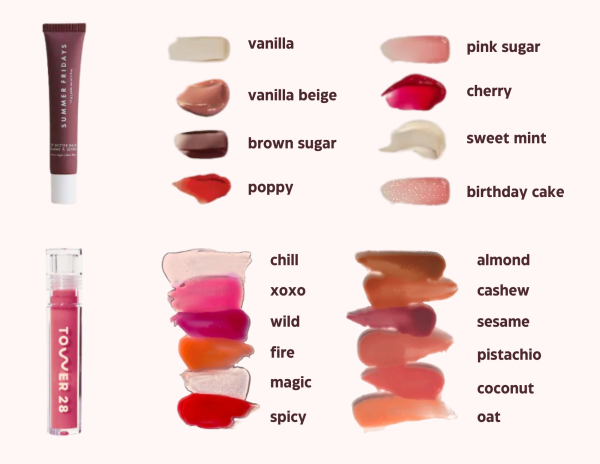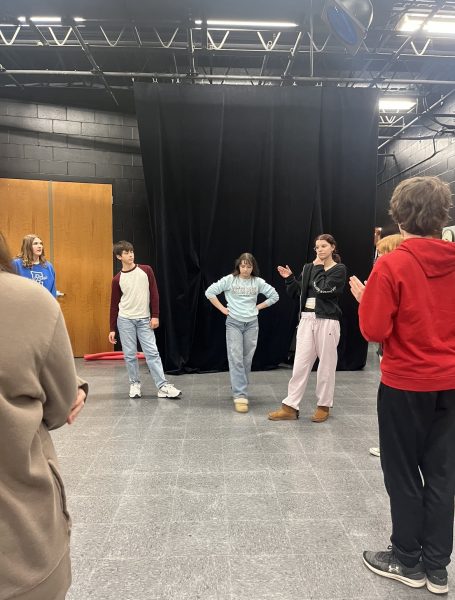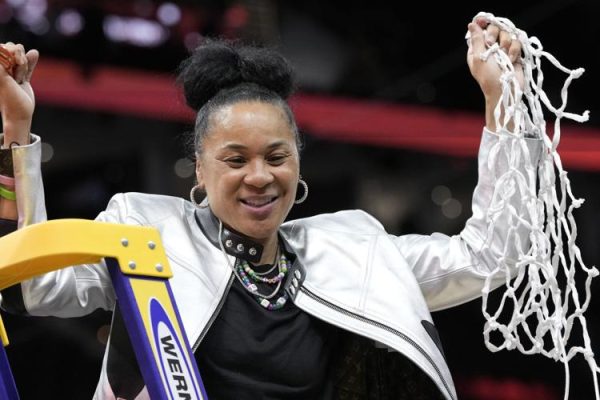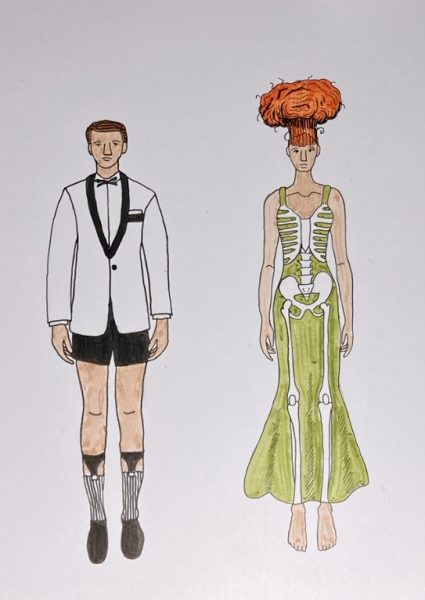Humans of Lincoln East: Ms. Josie Gilligan
Photo by Josie Gilligan
Ms. Josie Gilligan is a first-year chemistry teacher here at East High School. She has shown a love for science a majority of her life. During her sophomore year of college at the University of Nebraska, Lincoln, Ms. Gilligan worked as a laboratory assistant. Her original plan when attending school was to become a doctor, as she shadowed medical professionals to gain the experience. But her interests leaned more towards the laboratory and teaching aspects of medicine.
“Because I love helping people and I love science,” she said. “… And as I was doing stuff as a teaching assistant, I found that I really enjoyed the labs. I was teaching and I love sharing with other students how chemistry works.”
Her mother and past teachers were her biggest inspirations for pursuing this path. “My mother is actually a teacher,” Gilligan said. “She got her doctorate for history and she loved learning about it, but she loved sharing what she learned more.”
Some of her teachers were very prominent role models. “[…] genuinely, like most teachers in the past throughout my life have been really great role models. I can think of my chemistry teacher, Mr. Gutterman, that I had in high school. He […] kind of helped me realize that I love science. And it was something I enjoyed not because I was good at it, but because it’s fascinating.”
Her favorite scientists are a tie between Rachel Carson and Rosalind Franklin. Carson was a biologist who warned against the public of pesticides such as DDT which places a harmful effect on the ecosystem. Franklin was a chemist who took the first photo of a double helix on a DNA strand. Both women, she said, are inspirational for her.
Ms. Gilligan’s favorite thing about chemistry is the laboratory environment, and the way it innovates the world. “[I love] understanding how scientists all around the world are creating and innovating using chemistry, like chemistry is used for pharmaceuticals, for making medicines, for food science and creating new foods, for testing different things and figuring out what is in something,” she explains.
She views chemistry as a subject that is capable of putting one’s idea to the test. “Chemistry is like a puzzle to me. It’s fun trial and error where you get to put things together and see how things work out. You can be there to understand trends, patterns, ideas, and that goes for all kinds of things.”
Outside of the classroom environment, Ms. Gilligan enjoys taking long walks through the wilderness, whether at the local Holmes Lake or state parks like Platte River. She also has a kitten, Milo, whom she loves spending time with.
“I just love going outside,” she says. “And being around the people I care about. […] I often find ways to connect with people. I love my family and friends.”
This connection is also important to her at school. “I love how these high schoolers really interact with each other. I love it when my students come in and they’re talking to each other, and hanging out. So many also participate in school activities and with the community. It’s great.”
Her favorite thing about Lincoln as a city is the ability to immerse herself in different cultures, and the people’s passion for the things they do, like football, their jobs, and able to take opportunities given to them.
I asked Ms. Gilligan which three words she would use to describe herself. “Empathetic? I really care a lot for other people. Inquisitive. I like to ask a lot of questions. I like to know about things that help me. I really like to ask and understand and make sure I’m on the same page. And… problem solver. I really enjoy the logic and thinking behind figuring things out. And that goes along with the idea of helping people, trying to really figure out what I can do to change and correct issues or problems that I’m having or other people are having.”
She wants her students to follow the same ideals. “I want them to learn chemistry, obviously. But more importantly, I want students to learn how to be kind and empathetic and interact with each other. And also to just think critically about the world around them.”
With this, she believes it’s important for kids to have the ability to advocate for themselves, as it’s an important skill to have in today’s world. “I just want my students to leave thinking critically and really reflecting on themselves and how they can prioritize.”
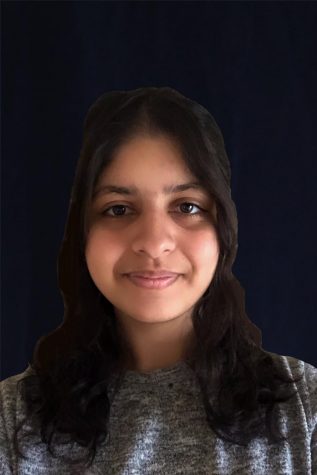
Hey, everyone! My name is Faqeha, and I’m a junior here at East. I moved to Nebraska in February 2020 from a small coastal town in California. I’m...


